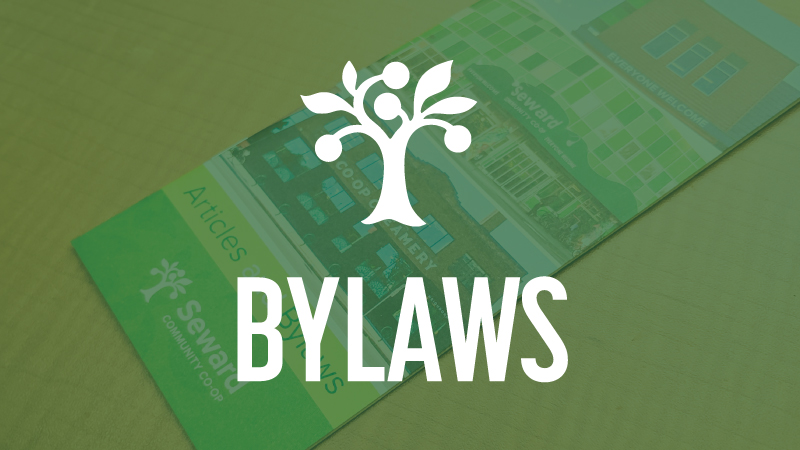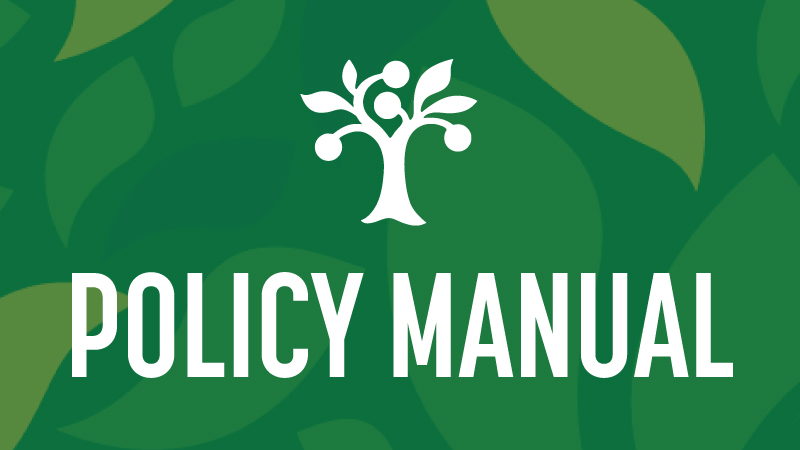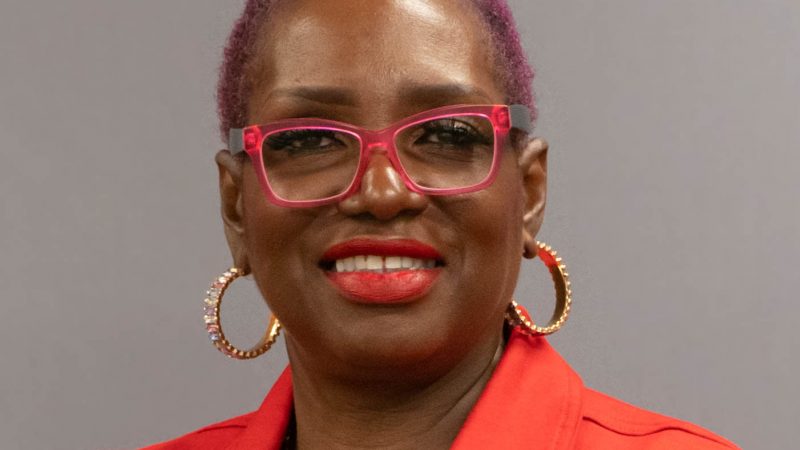Seward Co-op’s Board of Directors is comprised of eight elected co-op owners who serve the co-op for three-year terms. The board typically meets 9-10 times a year on the last Tuesday of the month, at 6:15 p.m. Co-op owners are welcome to observe; an advance RSVP is requested. To indicate your intention to attend, please email board@seward.coop.
Attend Our Board Meetings
The board typically meets 9-10 times a year on the last Tuesday of the month, at 6:15 p.m. The next monthly board meeting is virtual and will be held Tuesday, February 24. To indicate your intention to attend, please email board@seward.coop prior to February 24. This will allow us to provide you the virtual meeting link. Captions are available upon request, and if you have a need for other accommodations, please include them in your email and we will do our best to meet them.
Results of the 2025 board of directors election are available here.











